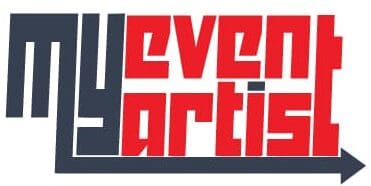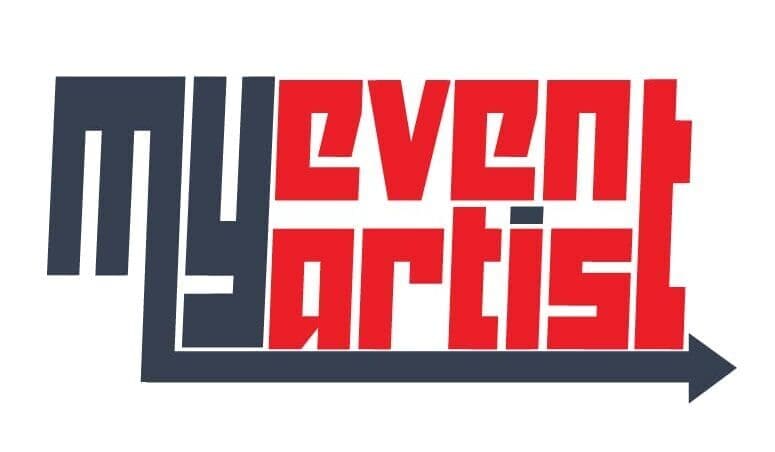In the competitive landscape of sports, success goes beyond just athletic prowess; it encompasses the strength of a brand’s identity and its ability to resonate with fans, sponsors, and the community. Custom logos play an integral role in this branding effort, serving as the visual cornerstone of a team or event’s identity. A well-designed logo not only captures the spirit of a team but also enhances visibility, creates emotional connections, and drives revenue growth through merchandise sales and sponsorship opportunities. In this comprehensive blog post, we will explore the critical role that logos play in sports marketing, how they contribute to brand identity, and the benefits of professional logo design to event organizers and sports teams.
1. The Foundation of a Strong Brand Identity
Establishing Recognition and Trust
A. Visual Representation:
- Symbolizing Values: A logo serves as a symbol of the values and vision that a sports team or event represents. It communicates the essence of what the team stands for, whether it’s teamwork, competition, tradition, or innovation.
- Creating Instant Recognition: Logos enhance brand recognition, allowing fans to identify teams or events quickly. This instant recognition is especially vital during competitions when multiple teams are involved.
B. Building Trust and Loyalty:
- Consistency Matters: Consistent branding—including logo usage—helps build credibility and trust with fans. When a team uses its logo across various platforms (merchandise, websites, promotional material), it reinforces the brand’s stability and commitment.
- Emotional Connection: Well-designed logos can evoke feelings of loyalty and nostalgia among fans, fostering deeper emotional connections to their teams and events.
2. The Impact of Logos on Sports Marketing
Driving Engagement and Revenue
A. Attracting Sponsors:
- Professionalism and Appeal: A unique and professional logo is essential for attracting sponsors. It reflects an organized and reputable organization, increasing the likelihood of investment from businesses seeking visibility.
- Brand Partnerships: Logos facilitate partnerships with brands that want to align their image with your team’s values, thus bringing additional resources and marketing opportunities.
B. Merchandise Sales:
- T-Shirts and Apparel: Teams that have a strong logo can leverage it for merchandise, creating a range of products from jerseys to hats. These products not only generate revenue but also serve as marketing materials that promote visibility beyond the event.
- Custom Merchandise Opportunities: With unique logos, teams can explore creating limited-time merchandise or co-branded products with local businesses, further enhancing sales potential.
C. Enhanced Marketing Campaigns:
- Visual Campaigns: A powerful logo provides a solid foundation for marketing campaigns, making promotional materials more recognizable and shareable across social media, print, and digital platforms.
- Storytelling: Logos can be integrated into storytelling strategies, allowing teams to share their history and ethos through their branding, which resonates more deeply with audiences.
3. Characteristics of an Effective Sports Logo
Designing with Purpose
A. Simplicity and Versatility:
- Simplicity in Design: An effective sports logo is clean and uncomplicated, making it easy to recognize and remember. Simple logos can be scaled and used in various contexts without losing clarity.
- Adaptability to Mediums: Logos should work well in various formats, from large banners to small digital icons. A versatile logo maintains its integrity across different platforms.
B. Color and Typography:
- Emotion Evocation: The choice of color in the logo design can impact the emotional response it evokes from fans. Bright colors may convey energy and excitement, while darker tones may represent strength and resilience.
- Font Selection: Typography plays an essential role in logo design, as it can convey the character of the team. Sporty fonts can indicate dynamism, while more classic styles can reflect tradition.
C. Relevance to the Sport:
- Symbolic Imagery: Incorporating elements that are relevant to the sport (like a soccer ball or a basketball) helps ground the logo in the context of athletics and reinforces the organization’s focus.
4. The Process of Designing a Winning Sports Logo
From Concept to Reality
A. Collaborating with Designers:
- Professional Expertise: Working with professional designers ensures a high-quality logo that reflects the team’s identity and branding goals. Designers can provide insights into market trends and effective branding strategies.
- Feedback Loops: Involving teams, coaches, and key stakeholders in the design process enriches the logo’s development, leading to a result that resonates with everyone involved.
B. Concept Development:
- Brainstorming Ideas: Start with brainstorming sessions to explore themes, colors, and symbols that represent the team or event. This can generate unique ideas and concepts to base designs on.
- Sketching and Prototyping: Create initial sketches to visualize ideas. Feedback during this phase allows for iterative development toward a solid final design.
C. Finalization and Brand Guidelines:
- Testing for Versatility: Once created, test the logo across different applications (apparel, signage, digital platforms) to ensure it maintains its impact.
- Creating Brand Guidelines: Develop a set of brand guidelines that encapsulate how the logo should be used in various contexts, ensuring consistency in branding efforts.
5. Case Studies: Successful Sports Logo Designs
Learning from the Best
A. Local Teams Making an Impact:
- Example of a Youth Soccer Team: A local youth soccer team that adopted a vibrant logo featuring a dynamic soccer ball and lively colors increased its fan engagement and merchandise sales by making the logo a central part of their communication strategies.
- Community Inspiration:* Showcasing local landmarks or community symbols within a logo can create a deeper connection with fans. A youth baseball team that incorporated a local tree into its logo saw increased community support during events.
B. Successful Professional Sports Logos:
- Global Recognition: Analyzing successful logos from major leagues like the NFL, NBA, and MLB reveals how they effectively communicate their brands. Teams like the Chicago Bulls and New York Yankees have logos that are not only iconic but have become symbols of dedication and excellence.
- Logo Evolution: Many sports logos evolve over time. Analyzing these changes can provide insights into how teams adapt to cultural shifts while maintaining their essence.
6. Conclusion
In the world of sports marketing, custom logos hold the power to define team identities, engage fans, attract sponsors, and drive revenue through merchandise sales. A well-designed logo represents the spirit of the game and fosters lasting connections with the community. By prioritizing professional logo design, youth sports teams can instill pride in their athletes, strengthen their brand identity, and enhance their visibility in a competitive landscape.
At MyEventArtist, we are passionate about helping sports teams and event organizers craft memorable identities through our professional logo design services. Explore our collection of print-ready vector logo designs, customizable fonts, and more at MyEventArtist Shop. Whether you are launching a new team, organizing a sporting event, or seeking a logo that captures your unique spirit, we have the resources you need to elevate your branding and achieve your goals.
Design for victory and celebrate the essence of your sport through impactful logos that inspire and engage!
Keywords: sports logo design, team branding, community engagement, logo marketing, youth sports, custom apparel.
#SportsLogoDesign, #TeamBranding, #CommunityEngagement, #LogoMarketing, #YouthSports, #CustomApparel



Leave a Reply